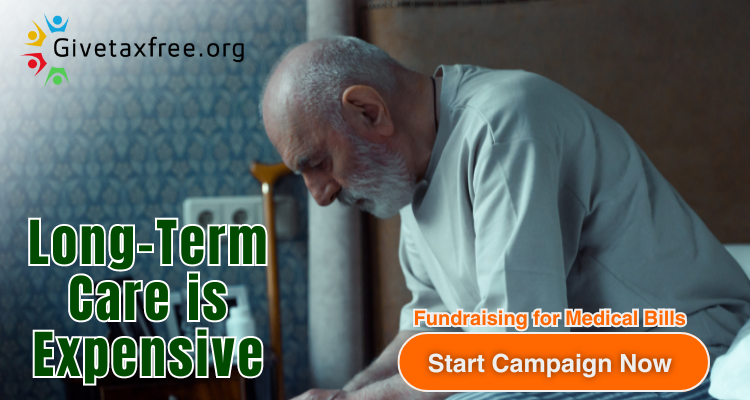To Roth or not to Roth, that is the question. Most federal employees have most of their money in traditional compared to Roth because there are upfront benefits of contributing to tax deferred accounts. You take the tax deduction now in hopes that you’re going to pay a lesser tax later. And the government was OK with postponing taxes for later. They promoted it with the rules they set up.
But there are some new provisions in the secure act where the federal government is willing for you to do Roth sooner and even encouraging you to do so. It seems Congress no longer wants to wait a long time to collect taxes, so they’re willing for you to do Roth now to go ahead and pay some of the tax burden.
Some of the new provisions of the secure act, allow for the matching that you receive from your employer sponsored plans to go into Roth. That would enable you to contribute to Roth and be matched with Roth funds. The government now allows it, but the 401(k) providers also have to allow it and right now the TSP does not allow you to be matched with Roth funds. Maybe they will change that rule.
Another way Congress is encouraging Roth is if your income is $145,000 or higher in the previous year, you must have all catch-up contributions going to Roth. Having traditional catch up is no longer going to be an option. Depending on when you’re watching this video, this rule may be in effect already. The IRS postponed the rule, so it will happen if it has not already.
Effective in 2024, with 529 college plans, the beneficiaries will be permitted to rollover up to $35,000 penalty free from their 529 plan to a Roth IRA over the course of their lifetime. This is just another way of encouraging Roth.
As a federal employee or federal retiree, you have options on whether you should do Roth or not. If you change your contribution and start contributing directly to Roth, your bring home pay will go down by the amount of taxes that you go ahead and pay. So if you’re maxing out the $23,000 a year to TSP and you’re doing it all traditional, then suddenly switch it to doing $23,000 to Roth. You now have to pay taxes before you send the $23,000 to Roth TSP. That difference comes out of your paycheck.
You can contribute to a Roth IRA as well as Roth TSP. There are some income limitations that may phase out where you can’t do it. Keep in mind there are no income limits inside of the TSP. Even the highest paid federal employee can contribute to a Roth TSP. With the changing of the rule, if your income is over $145,000, any catch-up contributions to TSP will be forced to go to Roth. If the TSP changes their stance on allowing matching contributions to go to Roth, you could do that as well. Keep in mind if they match to Roth, you’re going to pay the taxes owed on it.
Another great way federal employees or federal retirees can get money to a Roth is by doing a Roth conversion in an IRA because the TSP doesn’t let you do Roth conversions. If you’re 59 1/2 and still working, you can move your TSP out into an IRA. If you’re retired or separated from service at any age, you can move your TSP out into an IRA and in an IRA, you can do Roth conversions where you take a portion of the traditional money and move it to Roth and pay taxes in the year you do the conversion.
So should you do Roth or not? The solution comes in 2 parts. It’s really a mathematical question and also a look to the future in estimating the tax rates question. What tax bracket are you in today? What tax bracket do you think you’ll be in retirement? What do you think the tax brackets will be in the future? Do you think it’s more likely that the government will raise taxes in the future, lower taxes in the future or keep them the same?
For our clients, we do a financial blueprint that shows what we think their tax future looks like. If you leave everything like it is, with your assets mostly traditional, what does your future taxation look like? This is just an estimate because no one knows what the future will hold. But we can also look over a scenario where we help you do some active tax planning to shift money to Roth. We can look at future estimates of what the taxation will look like for you, and you can decide.
The information provided is not intended as tax or legal advice. Figures shown are for illustrative purposes only furthermore, the information nor the illustrations provided may not be used to avoid any tax penalties. This content represents the general views of Christy Capital Management and should not be regarded as personalized investment advice Nothing herein is intended to be a recommendation. The opinions expressed are subject to change without notice. Retirement Benefits Institute, Inc., and a portion of its contents merged with Christy Capital Management Inc. Brandon Christy, former President of Retirement Benefits Institute, is also the current President of Christy Capital Management, Inc, a registered investment adviser.













![Iranian presidential candidates accuse each other of having no plan or experience ahead of runoff WFTV [Video]](https://neurosupportgiving.com/wp-content/uploads/2024/07/mp_235680_0_MQ4VDUXLYDVHYL5KYAWIFWNN2Mjpg.jpg)
![Dog rescued from late-night fire off Plank Road; investigators determining cause [Video]](https://neurosupportgiving.com/wp-content/uploads/2024/07/mp_235008_0_B1zhfvkfm3nPcj48RagtNVAfxRePY3dZ3Ybd6HQLZrl33xpK4o70KYGoqikrR2N9sYRwS4DmWf3fbpbBelN3kRNQ65E98G9yO4oJg.jpg)



